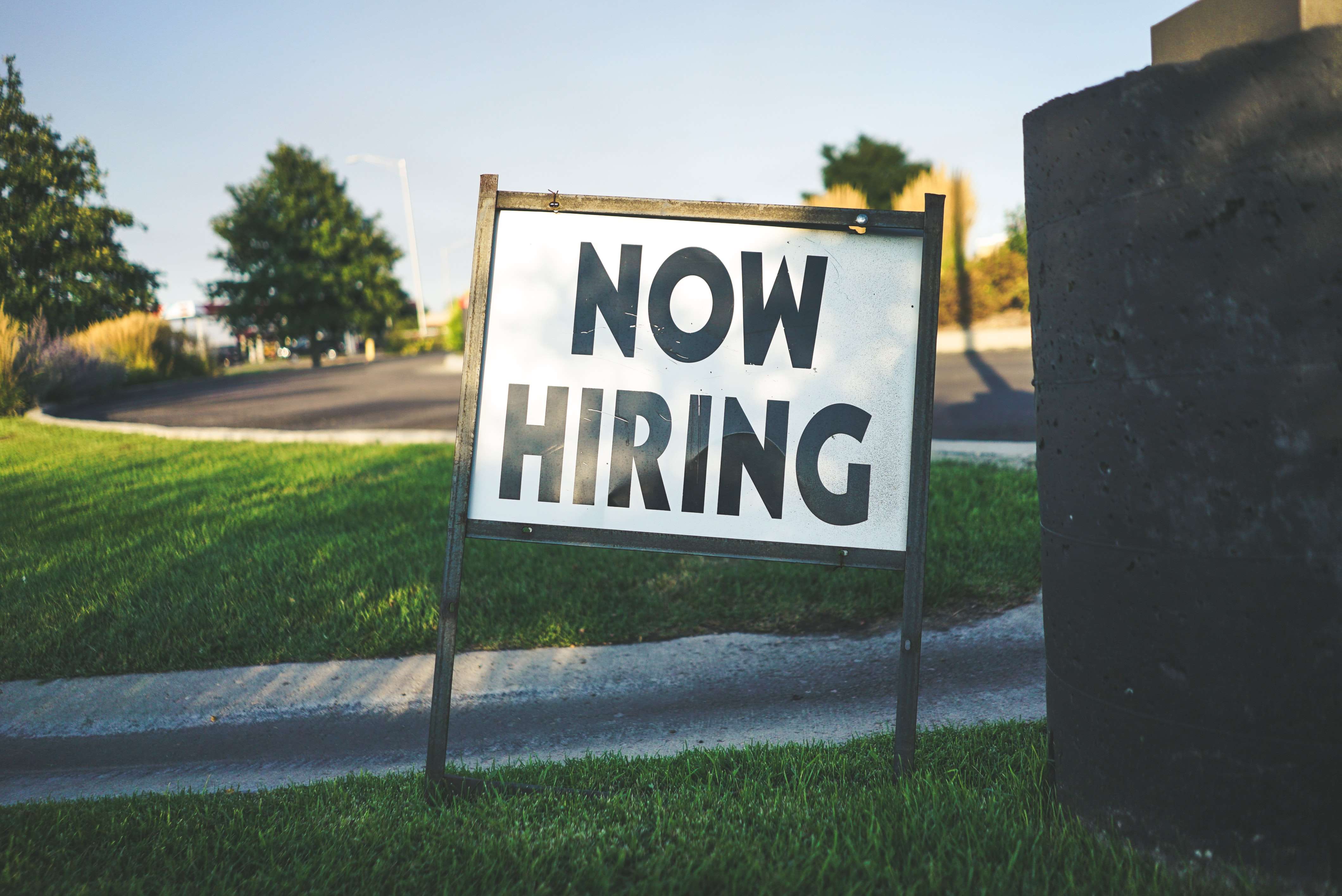
By CRISTINA JANNEY
Hays Post
Although statewide the unemployment rate has been in double digits, Ellis County is faring much better. Some employers are not only hiring, but struggling to find workers.
The statewide unemployment rate was 10 percent in May, down from 11.9 percent in April. It was 7.5 percent in June, in numbers reported on Friday.
Ellis County's unemployment rate was 4.1 percent in June down from 5.8 percent in May, which was down from 7.1 percent in April. Although low compared to the Kansas metro areas and nationwide, 4.1 percent is still high compared to the less than 2 percent unemployment rate that has been common for northwest Kansas for some time.
Business offers bonus for entry-level positions
Natashia Cecil, manager at the Hays Holiday Inn Express, said occupancy was light during the stay-at-home order in April and May. However, as the travel restrictions were lifted, occupancies have risen, and Cecil said the hotel is close to being back to being sold out almost every night.
The hotel has struggled to find housekeeping staff in its peak season even more than in years past. Between the Holiday Inn Express and Towne Place Suites, the businesses have 10 to 15 openings. Cecil said she is offering a $250 hiring incentive for housekeeping in attempts to fill the vacancies.
Cecil said in a normal year, the hotel industry would be able to gear up more slowly for the summer rush. This year that did not happen, so the hotels are cross training employees to do more with less.
$600 federal bonus may be factor
Cecil speculated the $600 per week federal unemployment bonus payments are detouring some entry-level employees from returning the work force.
Doug Williams, executive director of Grow Hays, which also administers the Work Hays job site, also speculated the federal $600 per week unemployment bonus, part of the CARES Act, was one reason local employers are struggling to fill entry-level jobs.
"I have had a number of employers who have told me that they have had struggles with that from the standpoint they can't get their employees to come back to work," Williams said,"because they are making more money on unemployment than they would make if they went back to work for them. That is in primary jobs."
With the additional federal payment, a person on unemployment can make $15 to $18 an hour, Williams said. Businesses offering minimum wage, Williams said, can't compete.
"It is a challenge for an employers who is use to paying somebody $10 an hour to go out and pay a lot more than that or to offer a bonus," Williams said, "because the economics of their business just doesn't provide for it.
"Hotels and restaurants are struggling anyway to make things work."
The additional federal unemployment payments are set to end in Kansas on July 25. Williams said he thought when the federal bonus ends, more people will go back to work.
Another factor in Hays, is the lack of college students. When the Hays campus closed for in-person classes, a portion of the student labor pool left the community.
However, Williams said the trend in the job market has been for fewer college students to work while they are attending school.
Oil industry on the rebound
Ellis County is the largest oil producing county in the state. The oil industry took a significant hit during the COVID-19 shutdown. Oil demand sharply declined, and surpluses on the market led to prices falling to negative numbers for a brief time.
Initially, oil companies reported shutting down wells and suspending drilling.
However, Williams said in last 30 to 45 days, oil prices have increased.
"I think while they are not going gangbusters, they are maintaining their payrolls at this point, for the most part," Williams said.
Short-term future of job market uncertain
Williams said he thought Ellis County will show a continued positive rebound in employment July, but with the U.S. still battling COVID-19, it is very difficult to tell what the job market will look like in the near future.
"I think we can look long-term — that being two to five to 10 years — and be confident about some things, but what I would refer to as the short term — six months to a year — I don't think we have any idea," he said.
Another factor looming on the horizon is the K-12 school situation. Gov. Laura Kelly announced Wednesday public schools will not reopen for in-person classes until at least after Labor Day.
If families have students at home, this could effect at least one of the parent's ability to work.






